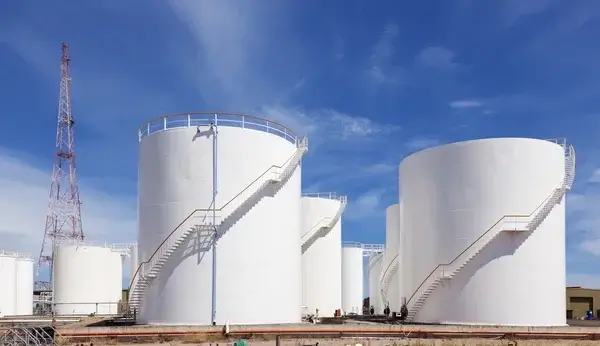Many enterprises, in order to ensure their autonomy in the process of work, tend to make stocks of raw materials and auxiliary materials. A suitable container for storing gasoline, diesel fuel or liquefied gas can be found here, but, this must be done after careful calculations. Depending on many variable factors, the container can be buried in the ground, or stored on the surface.
Gas tanks - an alternative to the gas pipeline
If a main pipe with natural gas does not pass near the production area, it will be a very expensive pleasure to connect it separately. An alternative is a well-chosen gas tank. Sufficiently roomy, it will ensure the operation of gas-dependent equipment for a long time. The main advantages of gas tanks are worth highlighting:
- Sturdy container capable of withstanding overpressure.
- Can be used both on the surface and underground.
- Virtually does not need additional protection.
- Designed for everyday use and extended storage.
- Easy installation and installation to the local gas pipeline.
Important: gas holders can be used not only for storing and using combustible gas for the needs of the enterprise. Small containers are suitable for the territory of private cottages and small villages. The gas holder is an ideal container for the equipment of a gas filling station for cars.
Safe storage of petroleum products
Gasoline, kerosene and diesel fuel are hazardous liquids that are prone to rapid combustion and explosion. But, using special containers, fuels and lubricants can be safely stored for a long time. There is a very large range of containers, and the choice must be made according to the following criteria:
- ground or underground execution;
- useful capacity in cubic meters;
- Easy access to filling liquids for storage;
- high-quality metal protection against corrosion;
- the possibility of installing additional pipes.
Tanks can be used not only to store combustible materials, but also ordinary water for technical needs. Other liquids that are in neutral contact with ferrous metal.




